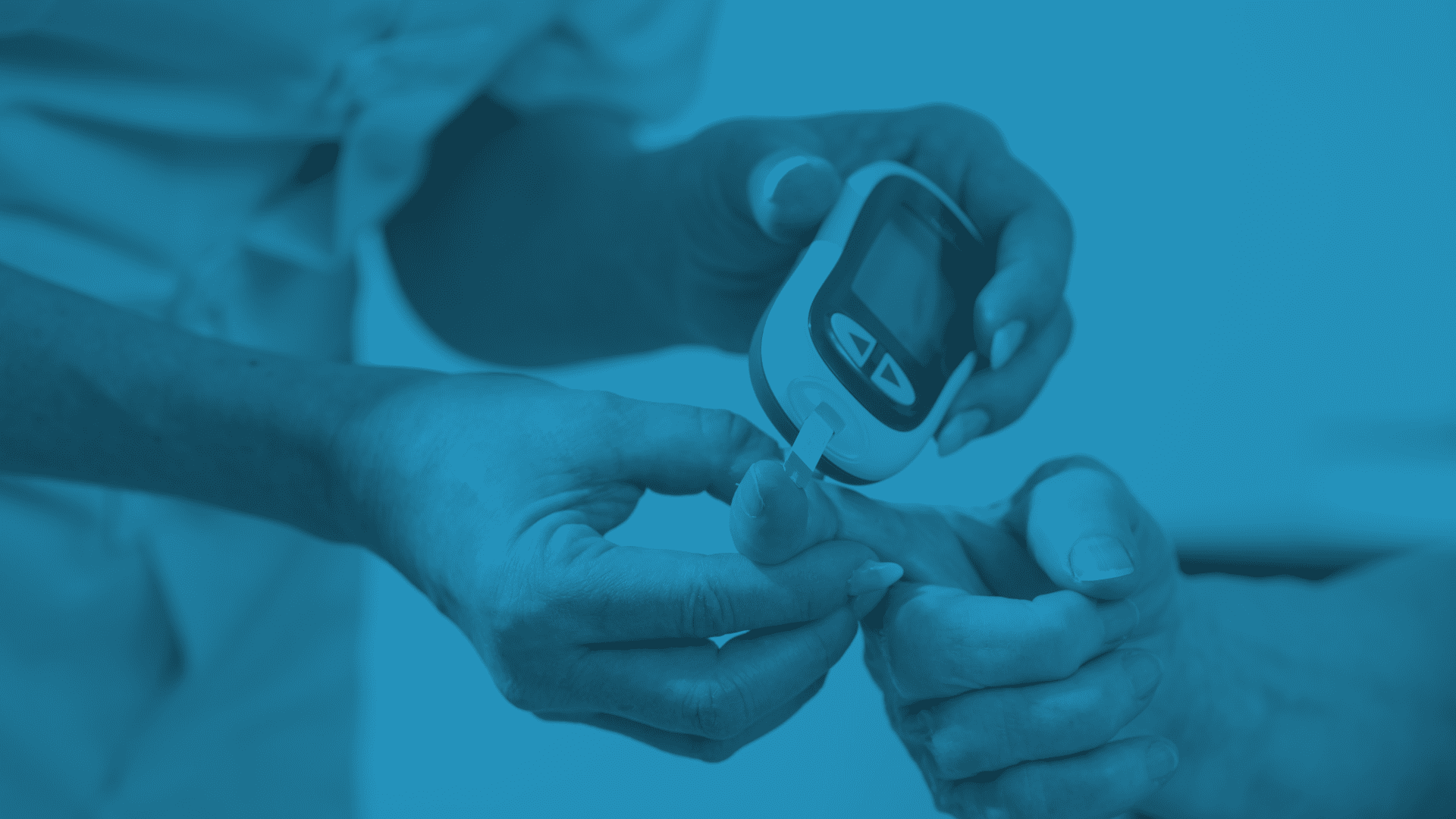What should be your Blood Sugar Goals for Health and Well-being
Managing blood sugar levels is vital for individuals with diabetes, prediabetes, or cardiovascular concerns. It also benefits those who are health-conscious and wish to maintain optimal health. Here’s a comprehensive guide to understanding blood sugar targets and actionable steps to achieve them.
Understanding Blood Sugar Levels
Fasting Blood Sugar Levels (mg/dL):
- Normal Range for Adults and Seniors Without Diabetes: 70-99 mg/dL
- Prediabetes Range: 100-125 mg/dL
- Diabetic Range: 126 mg/dL or higher on more than one testing occasion
Postprandial (After Meal) Blood Sugar Levels (mg/dL):
- For Non-Diabetics: Should generally not exceed 140 mg/dL two hours after eating
- Individuals with Diabetes: Aim to maintain levels below 180 mg/dL two hours after starting a meal
These ranges can vary based on individual health conditions, so it’s important to consult with a healthcare provider for personalized targets.
Significance of Blood Sugar Targets
- Diabetics: Helps maintain optimal health and prevent complications.
- Prediabetics: Aims to prevent the onset of type 2 diabetes through lifestyle changes.
- Health-Conscious Individuals: Ensures overall well-being by maintaining normal blood sugar levels.
- Individuals with Cardiovascular Disease: Reduces the risk of heart damage by managing blood sugar effectively.
Personalized Advice
For Diabetics:
- Monitor Blood Sugar Closely: Follow the targets set by your healthcare provider.
- Balanced Diet: Rich in fibre and low in processed sugars.
- Regular Physical Activity: Helps lower blood sugar and improve health.
For Prediabetics:
- Healthy Weight Management: Even modest weight loss can reduce diabetes risk.
- Dietary Focus: Choose foods high in fibre like fruits and whole grains.
- Physical Activity: At least 150 minutes of moderate exercise weekly.
For Health-Conscious Individuals:
- Nutrient-Dense Diet: Prioritise whole grains, lean proteins, and healthy fats.
- Carbohydrate Management: Opt for complex carbohydrates.
- Stay Active: Maintain a healthy weight and good insulin sensitivity.
For Individuals with Cardiovascular Disease:
- Blood Sugar and Heart Health: Manage levels as part of your heart health plan.
- Heart-Healthy Diet: Focus on lean proteins and whole grains.
- Regular Exercise: Improves cardiovascular health and manages blood sugar.
Actionable Steps to Achieve Blood Sugar Goals
- Regular Monitoring: Check levels as advised by your healthcare provider.
- Dietary Adjustments: Adopt a fibre-rich diet with whole grains and healthy fats.
- Portion Control: Helps manage weight and prevent blood sugar spikes.
- Regular Exercise: Aim for at least 150 minutes of moderate aerobic activity weekly.
- Medication Adherence: Take prescribed medications as directed.
- Stress Management: Incorporate stress-reducing activities into your routine.
- Regular Check-ups: Schedule appointments with your healthcare provider to track progress.
By understanding and working towards these blood sugar targets, individuals can improve their quality of life and manage their health more effectively. Always consult with a healthcare professional to tailor these goals to your specific needs.





